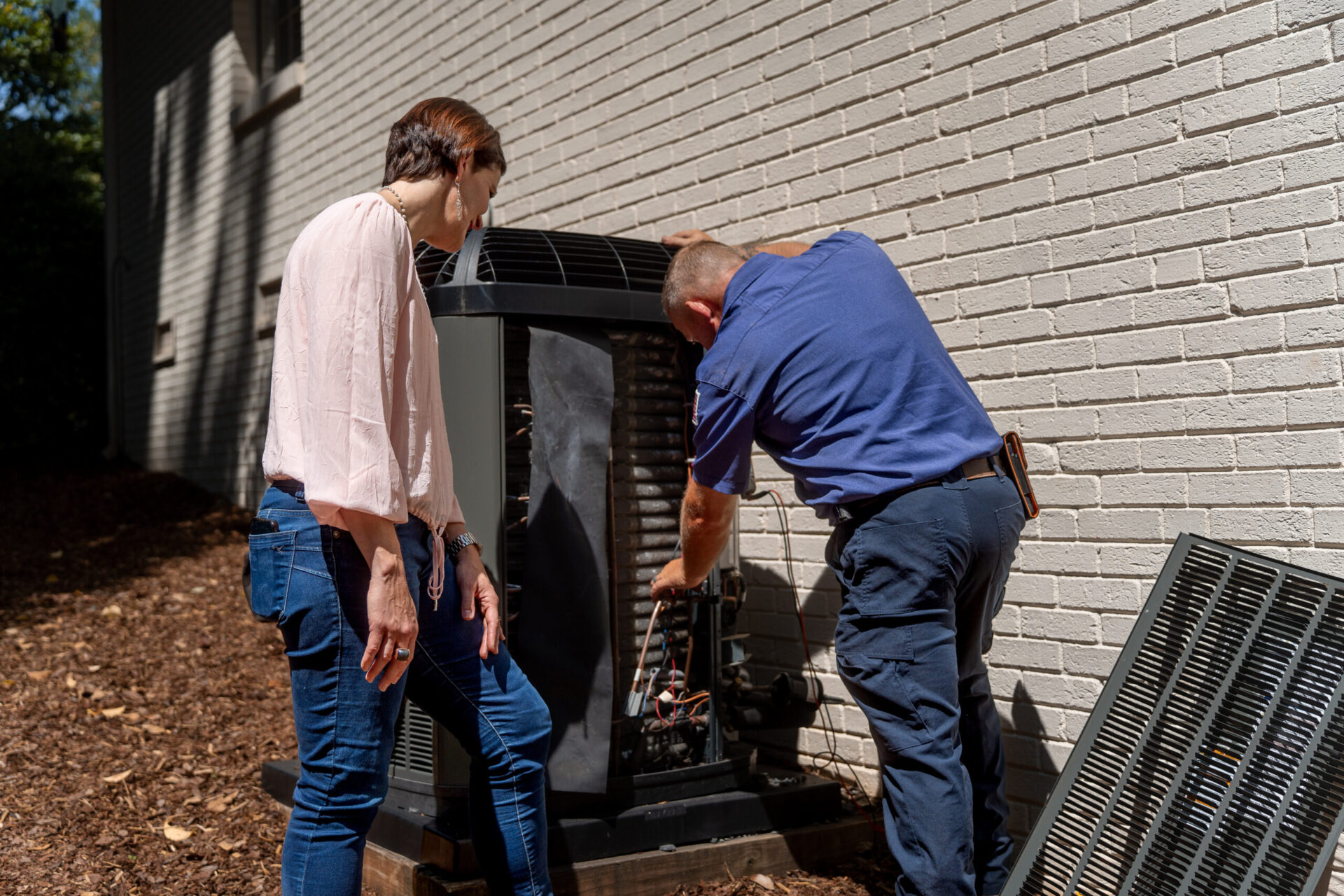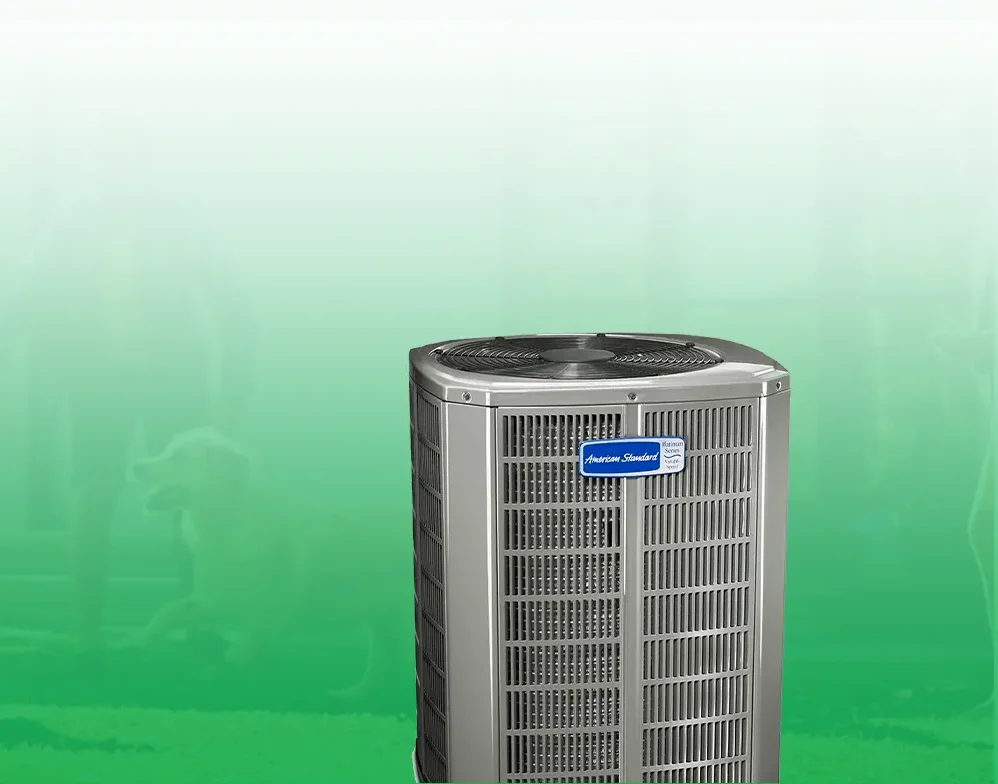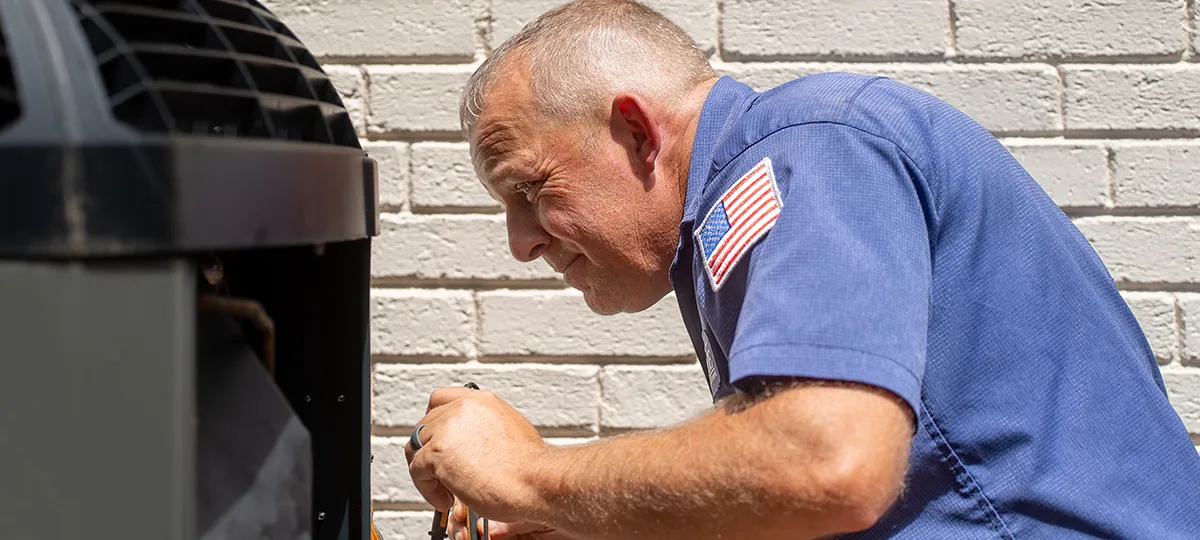Ever found yourself wondering why your air conditioner isn’t working as efficiently as it should, especially during those scorching summer days? You’re not alone. Air conditioning issues are common, but knowing what typically goes wrong can save you time, money, and a lot of discomfort.
From refrigerant leaks and faulty wiring to inefficient cooling and loud noises, the range of potential problems can be broad. The good news is, many of these issues can be addressed with straightforward solutions, whether it’s a simple filter change or a professional repair.
Understanding these common setbacks not only helps you diagnose problems more accurately but also empowers you to take the necessary steps to ensure your AC unit is in top working condition. This brief guide will explore the typical issues that plague air conditioners and provide practical advice on how to address them effectively.
What are common AC repair issues?
Common AC repair issues often involve a few key components and operational challenges that can affect the efficiency and performance of your air conditioning unit. Here are some of the most frequent problems:
- Refrigerant Leaks: If your AC is low on refrigerant, it was either undercharged at installation or leaks. Leaks can reduce the AC’s efficiency and ability to cool the air, and they need to be fixed by a professional who will then test the repair and charge the system with the correct amount of refrigerant.
- Faulty Wiring: Improper, haphazard, or uncertified A/C wiring is dangerous and a potential fire hazard. Faulty wiring can prevent the system from getting power or trip the circuit breaker.
- Frozen Evaporator Coils: Your air conditioner’s evaporator coil is filled with refrigerant and absorbs heat from the air like a sponge. It may sound counterintuitive, but those coils need warm air around them to work properly. Ice can build up outside when the airflow goes wrong, and the evaporator coil gets too cold.
- Dirty Condenser Coils: Your unit’s condenser coil, part of the outdoor unit, expels the heat removed from the air outside the building. When the condenser is dirty or covered with debris, it won’t work well, and the system has to work harder to function, leading to increased wear on the parts and even system failure.
- Fan Problems: A malfunctioning motor, lack of lubrication, worn belts, or too much dirt and debris might cause the fan that cools indoor air and the fan that vents heat outdoors to fail.
- Leaking Ducts: Air conditioner-cooled air circulates through your walls and ceilings via ducting. If there are breaks or leaks in the ducts, that expensive cooled air ends up inside your walls where it’s not doing any good, and your air conditioner has to work harder to cool your space.
- Thermostat Issues: Sometimes, the problem is not with the air conditioning unit but the thermostat. A broken thermostat might cause issues in home comfort.
Addressing these issues quickly with the help of a professional can help maintain your air conditioner’s efficiency, prolong life, and conserve energy costs in check.
How do you troubleshoot AC problems?
Troubleshooting air conditioning problems involves systematic steps to identify and resolve issues affecting your AC unit. Here’s a structured approach to troubleshoot common AC problems:
- Check the Thermostat: Set the thermostat to “cool” and lower it to room temperature. If necessary, replace the batteries for a digital thermostat.
- Inspect Air Filters: Dirty air filters can limit airflow and reduce cooling efficiency. Check and replace filters regularly, especially if they appear dirty or blocked.
- Inspect Circuit Breakers and Fuses: Check the electrical panel to ensure the AC unit’s circuit breaker hasn’t tripped. Reset any tripped breakers and replace blown fuses if necessary.
- Inspect the Outdoor Unit: Clear debris such as leaves, dirt, and vegetation around the outdoor condenser unit. Provide 2 feet of space around the device for airflow.
- Check for Ice Build-Up: Inspect the evaporator coils for ice if your AC is running but not cooling. Turn off the AC to defrost the ice, then check for low refrigerant or airflow.
- Inspect Air Vents and Registers: Ensure none of the furniture blocks supply or return vents, curtains, or other items that could restrict airflow.
- Listen for Unusual Noises: Pay attention to any unusual sounds from the AC unit, such as grinding, squealing, or rattling noises. These could indicate mechanical issues that require professional attention.
- Monitor System Performance: Note any changes in cooling performance or temperature inconsistencies throughout your home. This can help pinpoint potential issues with the compressor, refrigerant levels, or ductwork.
- Check the Condensate Drain Line: Inspect the condensate drain line for clogs or blockages preventing proper drainage. Clear any debris to prevent water backup and potential water damage.
- Consider System Age and Maintenance History: If your AC unit is older or has a history of frequent repairs, it may be nearing the end of its lifespan. In some cases, replacement might be more cost-effective than ongoing repairs.
Contact a certified HVAC expert if these troubleshooting methods don’t work or need clarification. They can safely and effectively diagnose and repair AC issues, keeping your system running smoothly.
What causes an AC to stop working?
Several factors can cause an air conditioner to stop working or malfunction:
- Thermostat Issues: Incorrect thermostat settings, dead batteries, or malfunctioning sensors can prevent the AC from turning on or cooling properly.
- Electrical Problems: Tripped circuit breakers, blown fuses, or poor wiring might cut power to the AC unit, causing it to stop working.
- Refrigerant Leaks: Low refrigerant levels due to leaks can prevent the AC from cooling effectively. Refrigerant is crucial for the cooling process, and leaks need to be repaired by a professional.
- Frozen Evaporator Coils: Evaporator coils might freeze due to low refrigerant, restricted airflow, or other reasons preventing the AC from cooling properly.
- Dirty or Clogged Filters: Blocked air filters restrict airflow, straining the AC and potentially overheating. This can lead to shutdowns to prevent damage.
- Faulty Compressor: Compressors circulate refrigerant through the system. Issues with the compressor, such as electrical failures or mechanical problems, can cause the AC to stop working.
- Fan Problems: Problems with the indoor or outdoor blower fan can prevent proper airflow, leading to inefficient cooling or system shutdowns.
- Condensate Drain Issues: Clogged or blocked condensate drains can cause water buildup and trigger safety mechanisms that shut down the AC to prevent water damage.
- Overload or Overheating: Continuous operation without proper maintenance or in extreme conditions can cause components to overheat or overload, leading to shutdowns.
- Age and Wear: Older AC units or units that need to be properly maintained may experience more frequent breakdowns or failure due to wear and tear.
These issues often require professional HVAC analysis and repair to maintain your air conditioning system’s safety and correct operation. Maintenance and early repairs can prevent AC breakdowns and extend its lifespan.
Why is my AC unit leaking water?
An AC unit leaking water is a common issue that several factors can cause:
- Clogged Condensate Drain Line: Condensate drain line clogs cause AC leaks. In AC cooling, condensation is removed by this drain line. Stuff like algae, mold, dirt, and debris clog the drain pipe, causing water to flow.
- Frozen Evaporator Coils: Indoor unit evaporator coils freezing can cause water to overflow the drip pan instead of draining. Filthy air filters, low refrigerant, or fan difficulties sometimes hamper airflow.
- Improper Installation: If the AC unit is not installed correctly or the condensate drain line is not properly routed, it can lead to drainage problems and water leaks.
- Cracked or Overflowing Drip Pan: The drip pan under the evaporator coils directs condensate to the drain. However, severe condensation can break, ruin, or overflow the drip pan, leaking water from the device.
- High Humidity Levels: AC units may produce more condensate than usual in humid conditions. If the drain line or drip pan cannot handle the volume of water, leaks can occur.
- Dirty Air Filters: Clogged or dirty air filters restrict airflow over the evaporator coils, leading to lower temperatures and increased condensation. This can overwhelm the drip pan and cause water leaks.
- Refrigerant Issues: Low refrigerant levels or other problems with the refrigerant system can affect the temperature and pressure inside the AC unit, potentially leading to condensation issues and water leaks.
To avoid water damage, fix leaking AC units quickly. Clean the condensate drain and drip pan. If the problem persists after basic maintenance, call an HVAC specialist for diagnosis and repair. AC maintenance and leak detection are possible.
Let’s Get Your AC Fixed Today!
Your comfort can’t wait so when something’s wrong with your AC, be sure to call the experts for prompt solutions. Our expert technicians are equipped to address common AC issues ranging from refrigerant leaks to faulty wiring and everything in between. We offer rapid diagnostics, efficient repairs, and thorough maintenance of your system to ensure a smooth operation season.
Don’t let AC troubles disrupt your comfort. Contact Horne HVAC Charlotte today to learn how we can provide reliable solutions and peace of mind. Stay cool with us!
















